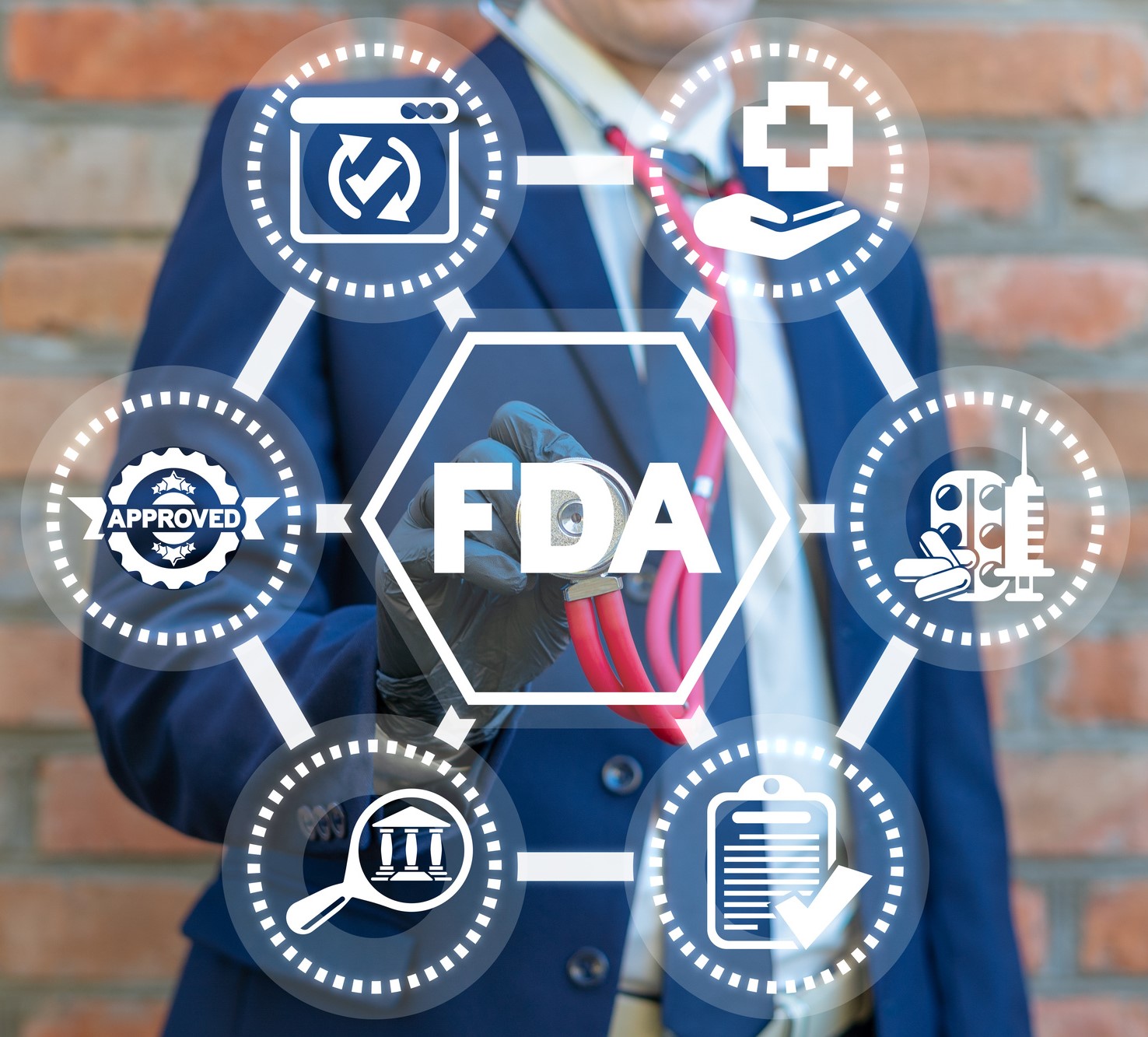Navigating the Maze: An Essential Guide to FDA Attorneys and FDA Law
FDA LAW

The Food and Drug Administration (FDA) plays a critical role in safeguarding public health by regulating a wide range of products, from food and beverages to medical devices and pharmaceuticals. For businesses venturing into these sectors, navigating the complex world of FDA regulations can be daunting. This is where FDA attorneys step in, offering invaluable expertise to ensure compliance and smooth sailing through the regulatory process.
Understanding FDA Law
FDA law encompasses a vast array of statutes, regulations, and guidelines that govern the safety and efficacy of various products. Some key areas include:
Food and Drug Cosmetics Act (FD&C Act): The foundation of FDA law, it outlines the agency's authority to regulate the safety, labeling, and marketing of food, drugs, cosmetics, and medical devices.
Federal Food, Drug, and Cosmetic Safety Act (FFDCA): This act strengthens the FDA's authority in ensuring food safety and combating bioterrorism.
Medical Device Amendments (MDA) of 1976: Sets standards for the design, manufacturing, and marketing of medical devices.
Good Manufacturing Practices (GMPs): Establish minimum quality standards for manufacturing, processing, packaging, and storing FDA-regulated products.
Understanding these regulations is crucial for businesses to avoid costly penalties, product recalls, or even market withdrawal.
The Role of FDA Attorneys
FDA attorneys are specialized legal professionals with a deep understanding of FDA regulations, policies, and scientific principles. They serve as trusted advisors for businesses, offering comprehensive support in various areas, including:
Regulatory Compliance: Attorneys help businesses interpret complex regulations, develop compliance strategies, and ensure proper labeling and marketing practices.
Product Development and Approval: They guide companies through the premarket approval process for drugs, medical devices, and biologics, including preparing applications and interacting with the FDA.
Clinical Trials: FDA attorneys ensure adherence to the intricate legal and ethical requirements for conducting clinical trials.
Inspections and Enforcement Actions: In the event of an FDA inspection or potential enforcement action, attorneys represent businesses and advocate for their interests.
Mergers and Acquisitions: They provide legal guidance during mergers and acquisitions involving FDA-regulated companies.
Litigation: When legal disputes arise regarding FDA regulations, attorneys represent businesses in court proceedings.
By partnering with an FDA attorney, businesses gain a distinct advantage in navigating the intricate regulatory landscape.
Why Businesses Need FDA Lawyers (Even for LLCs)
While some businesses might operate as Limited Liability Companies (LLCs), the need for FDA legal expertise remains crucial. Here's why:
LLC Structure Doesn't Negate FDA Regulations: Regardless of the business structure, products still fall under FDA jurisdiction if they meet the agency's definition of food, drug, cosmetic, or medical device.
Compliance is Essential: Non-compliance with FDA regulations can lead to significant consequences, including hefty fines, product seizure, and even criminal charges.
Protecting Your Business: FDA attorneys can help businesses avoid these pitfalls and protect their reputation, financial stability, and ability to operate.
Finding the Right FDA Lawyer (Especially in California)
The landscape of FDA law can vary by state. In California, a significant hub for life sciences and medical device companies, it's particularly important to find an attorney with expertise in the state's specific regulations and how they intersect with federal FDA law. Here are some key factors to consider when searching for an FDA attorney:
Experience: Seek an attorney with a proven track record in handling matters relevant to your specific industry and product category.
Industry Knowledge: Look for an attorney who possesses a deep understanding of the scientific and regulatory nuances of your field.
Communication Style: Choose an attorney who can clearly explain complex legal concepts and effectively communicate with both technical and non-technical audiences.
Geographic Location: While some attorneys have national practices, having an attorney familiar with the specific regulations of your state, particularly in a state like California, can be beneficial.
FDA Essentials: A Resource for Businesses
Beyond legal counsel, staying informed of FDA updates and trends is critical. Here are some resources businesses can utilize:
Industry Associations: Joining FDA Lawyers For Businesses relevant industry associations can offer valuable insights and networking opportunities.
Legal Updates: Subscribing to legal newsletters or publications focused on FDA law can keep businesses abreast of the latest developments.
By combining legal expertise with ongoing self-education, businesses can navigate the world of FDA regulations with confidence and ensure the safety and compliance of their products.